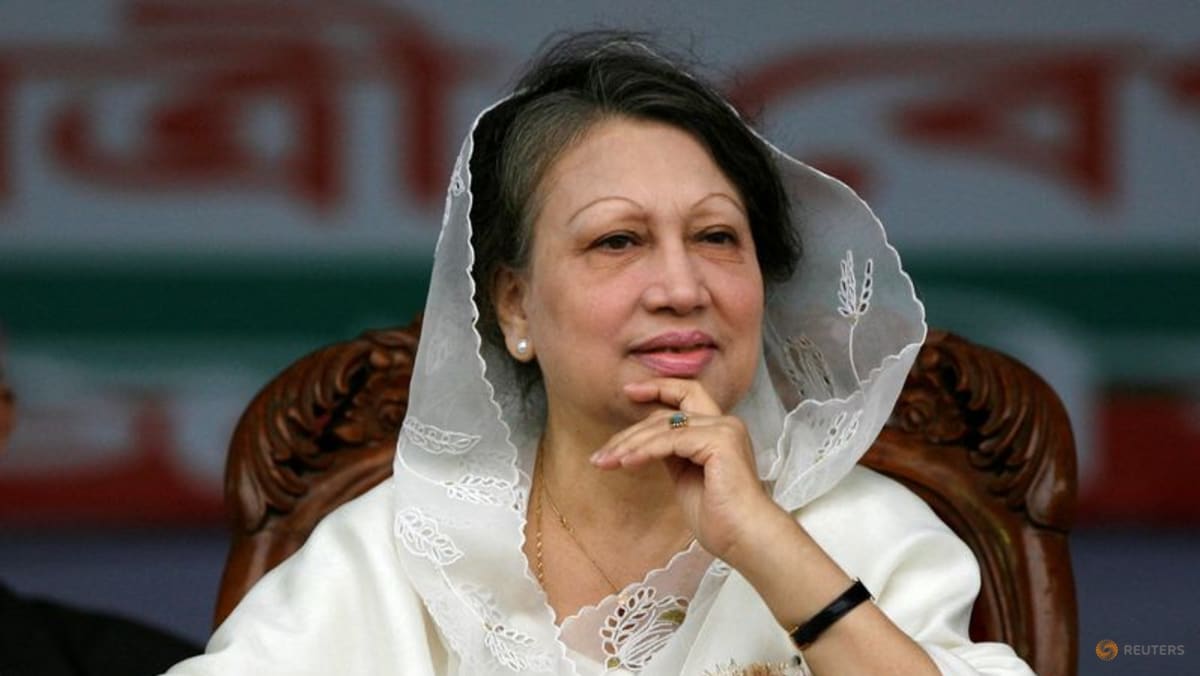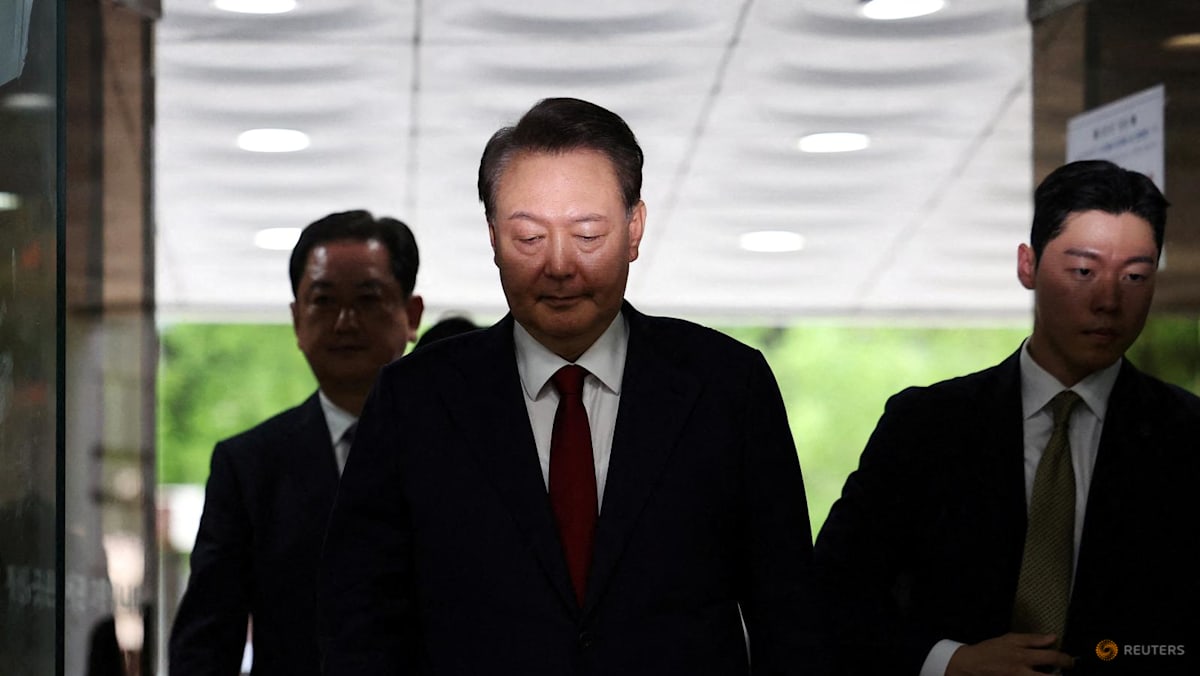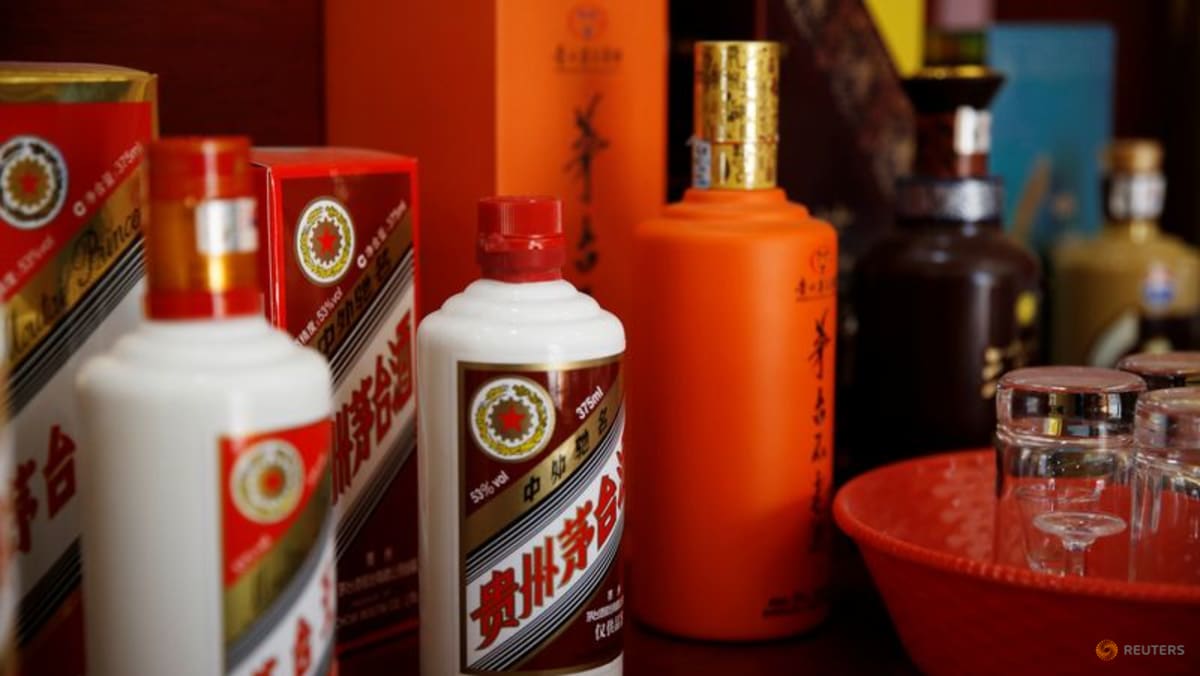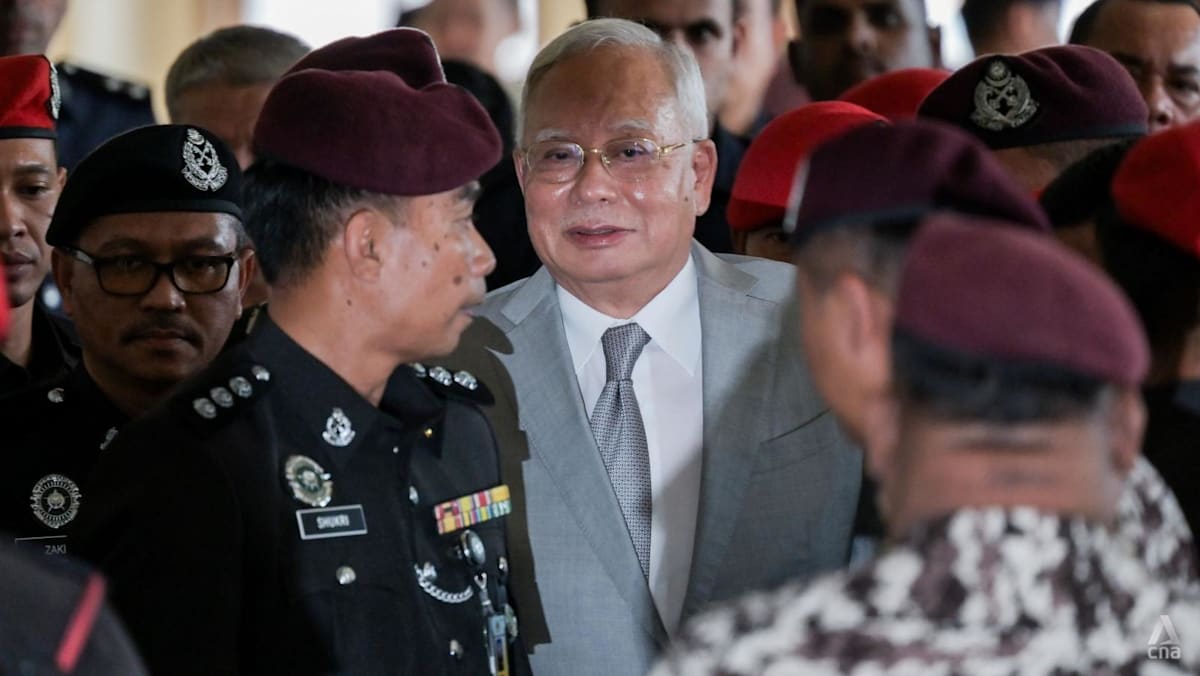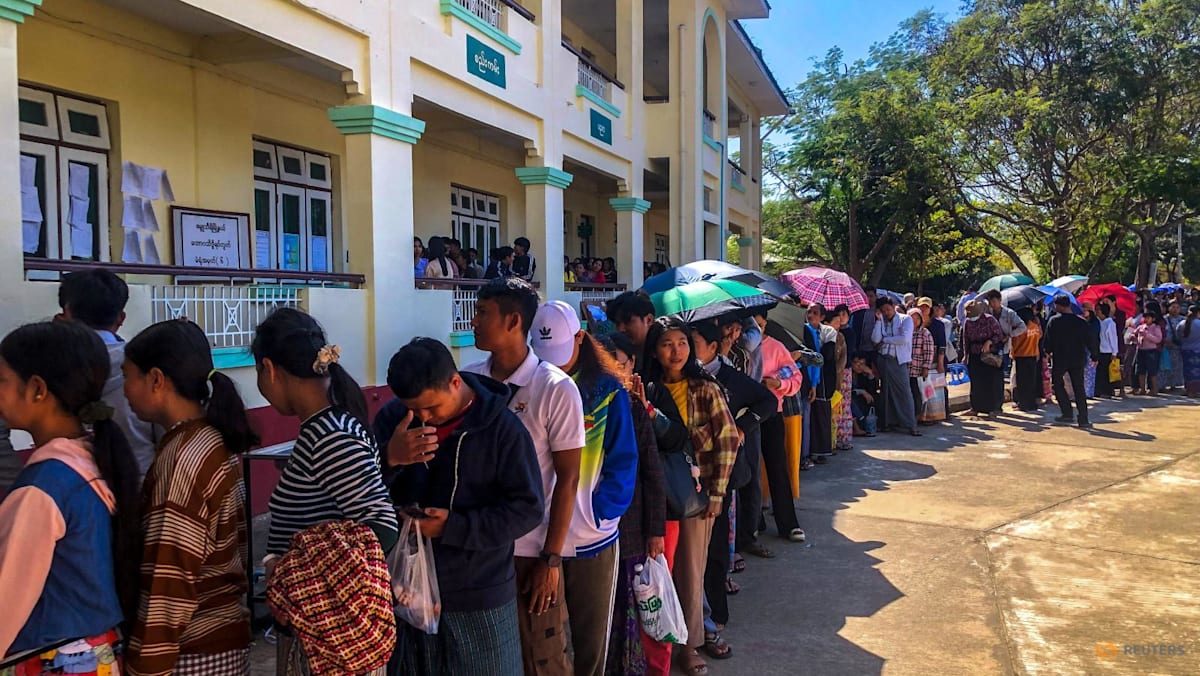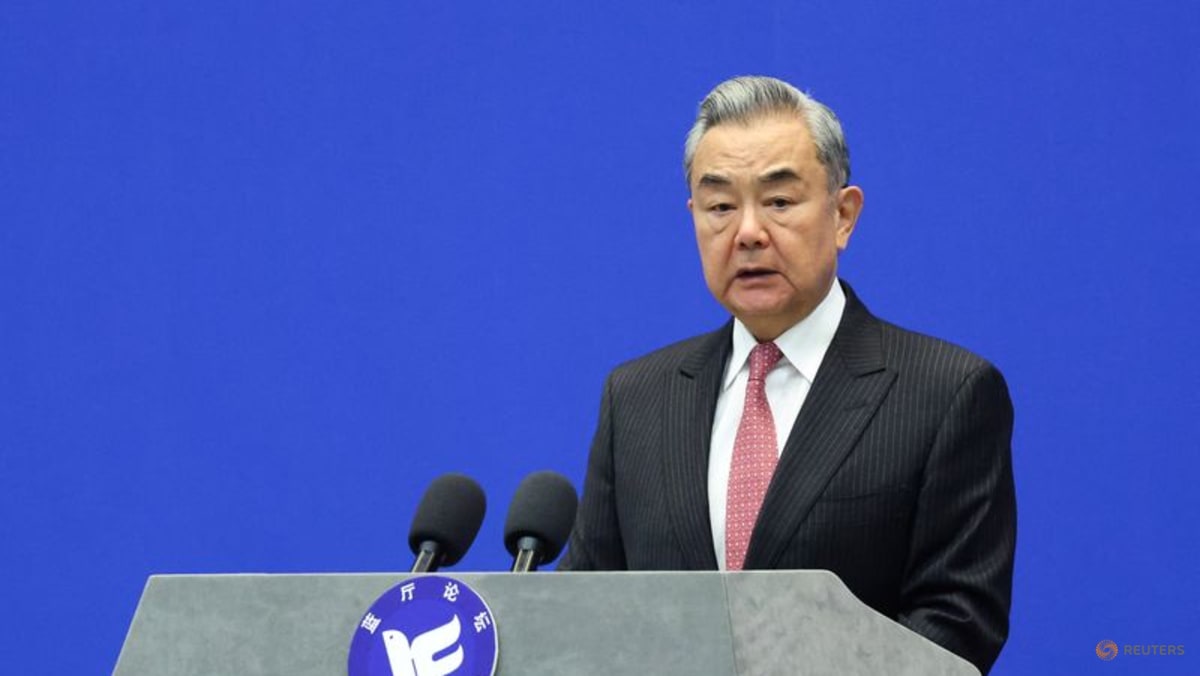Commentary: Who is really in charge in Thailand?
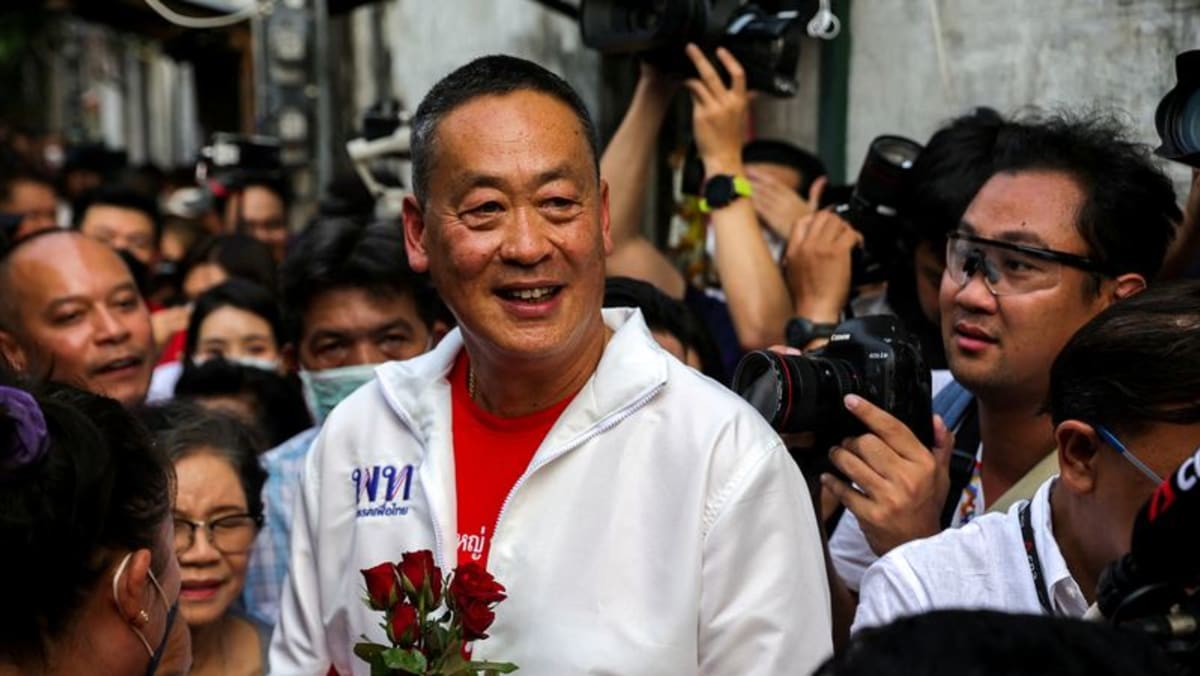
Nevertheless, Thaksin is not out of the woods yet. He is still facing two criminal charges of insulting the previous monarch, King Bhumibol, in his media interview in Seoul on May 21, 2015. In addition to violating the lese-majeste law under Section 112 of the Criminal Code, which carries a jail term ranging from 3 to 15 years, Thaksin has also been accused of violating the Computer Law of 2007 for causing fake news to circulate in the social media from his interview in Seoul. The maximum penalties in this law include a jail term of up to 20 years.
On Feb 19, Thaksin denied any wrongdoing when he met a senior prosecutor to discuss the case. A new decision on how to proceed with the case against Thaksin will be made by the Attorney-General, and it is scheduled to be announced on Apr 10.
In late 2015, a different Attorney-General put on record his official view that the case should be prosecuted. This was pending the arrest of Thaksin who was then in exile, living mostly in Dubai.
This is not the first time Thaksin has been accused of violating the lese-majeste law. Several similar cases against him had all been dismissed owing to lack of evidence.
If the case against him is dropped like before, Thaksin can start counting the days until he legally regains his freedom in the third week of August.
In the meantime, Thaksin will be quite busy receiving visitors lobbying for better positions in a new Cabinet lineup. Thai politicians know who is actually in charge.
Termsak Chalermpalanupap is a Visiting Senior Fellow and Acting Coordinator of the Thailand Studies Programme, ISEAS – Yusof Ishak Institute. This commentary first appeared on the ISEAS-Yusof Ishak Institute’s blog, Fulcrum.
Source: CNA




